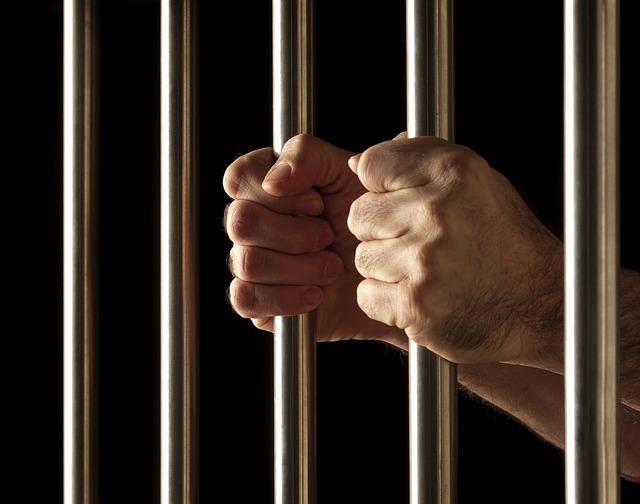Media coverage of sexual assault cases in Denver CO significantly impacts public perception, with local outlets capable of promoting awareness or reinforcing stereotypes. While progress has been made thanks to sexual assault attorneys and survivor advocacy, sensationalized headlines can hinder understanding and stigmatize victims. Responsible media portrayal, focusing on balanced narratives, survivor privacy, and community resources, is crucial for fostering a culture of support and justice for victims in Denver CO. Sexual assault attorneys play a vital role in guiding this process, navigating media challenges to ensure factual representation and client safety.
In Denver, as elsewhere, media coverage plays a pivotal role in shaping public perception of sexual assault cases. This article delves into the intricate relationship between news reporting and the outcomes faced by victims, with a specific focus on the role of sexual assault attorneys in navigating this complex landscape. We explore how Denver CO media portrays these cases and analyze the profound impact on victim experiences, offering insights crucial for both legal professionals and the community at large.
Media Portrayal of Sexual Assault Cases in Denver

Media coverage plays a significant role in shaping public perception of sexual assault cases, and Denver is no exception. The way local media outlets report on these sensitive issues can either promote awareness and understanding or perpetuate harmful stereotypes. In recent years, there has been a growing emphasis on holding perpetrators accountable and supporting survivors, thanks in part to the diligent work of sexual assault attorneys in Denver CO who advocate for justice and advocacy.
However, it’s not without challenges. Sensationalized headlines and limited perspectives can lead to misunderstandings about sexual assault, potentially stigmatizing survivors and complicating their paths to justice. Therefore, responsible media portrayal is crucial. By presenting balanced stories that focus on the facts, respect survivor privacy, and highlight community resources, media outlets in Denver CO can contribute significantly to a culture of understanding and support for sexual assault victims.
Public Perception and Impact on Victims' Outcomes

The media’s role in shaping public perception cannot be understated, especially in high-profile cases. When a sexual assault occurs in Denver, CO, extensive media coverage can significantly influence how the community understands and responds to such incidents. Every detail, from the victim’s story to the accused’s defense, is scrutinized and shared widely, potentially impacting the outcome of the case. Public opinion can sway support behind the victim or cast doubt on their claims, affecting the morale and courage of survivors who may be considering legal action with the help of sexual assault attorneys Denver CO.
This public perception can create a challenging environment for victims, many of whom are already traumatized. The media’s power to either amplify or dismiss their experiences directly reflects on their personal narratives and the credibility they are perceived to have. Consequently, survivors might face increased pressure to conform to societal expectations of how a “real” victim should behave, further complicating their path to justice and healing.
The Role of Sexual Assault Attorneys in Navigating Media Landscape

Sexual assault attorneys in Denver, CO play a pivotal role in navigating the complex media landscape surrounding these sensitive cases. With the power of media coverage comes both opportunities and challenges. On one hand, extensive media attention can raise awareness about sexual violence and support survivors by demonstrating societal concern. It can also pressure authorities to prioritize these cases more effectively.
However, intense media scrutiny can be a double-edged sword. Rumor and speculation can easily spread unchallenged, potentially compromising the integrity of ongoing investigations. Sexual assault attorneys must therefore act as steadfast advocates for their clients while managing media interactions strategically. They protect the privacy rights of survivors, ensure accurate representation of facts, and guide public discourse in a responsible manner to foster a safer environment for all involved.





